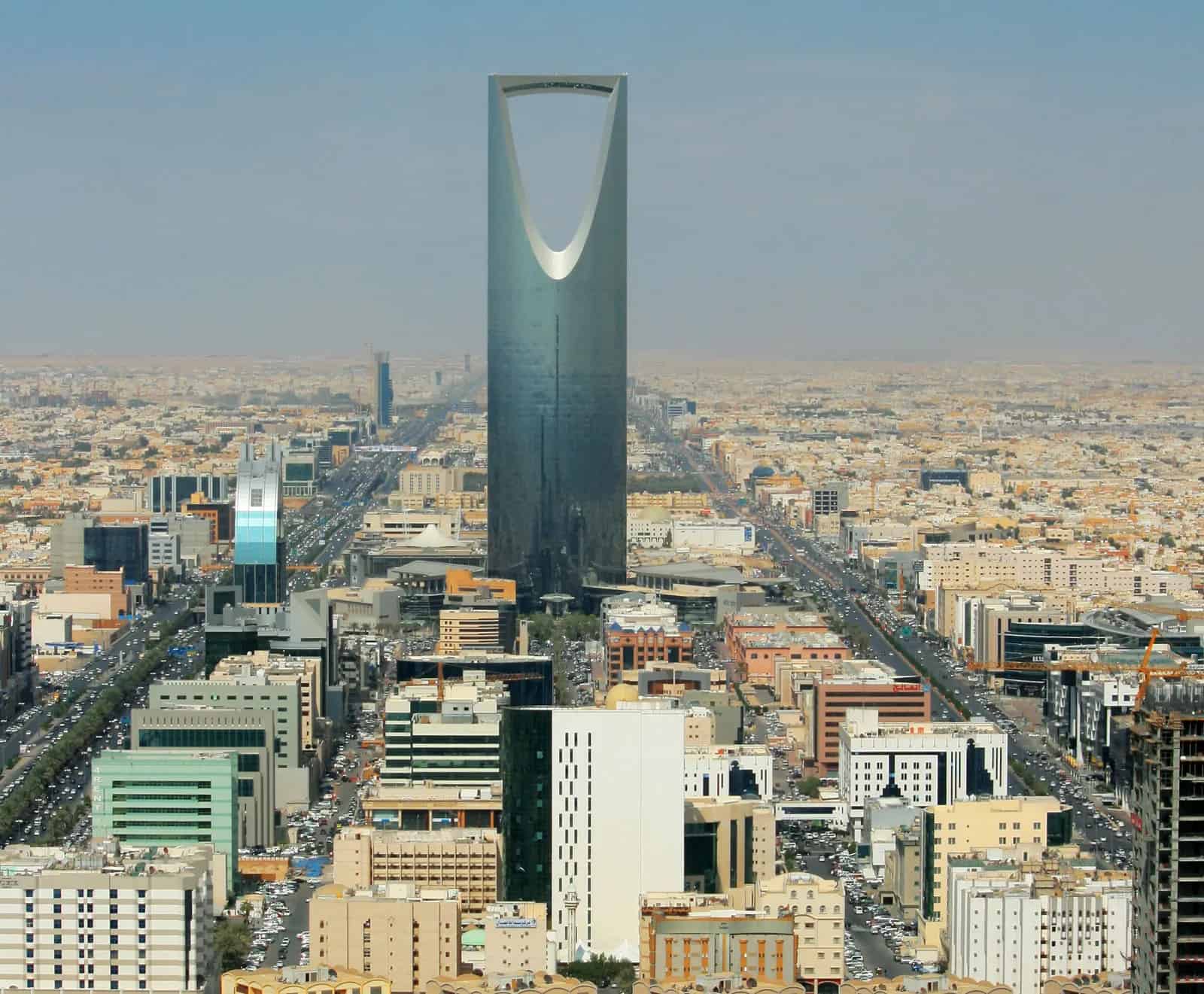Riyadh, Saudi Arabia — Saudi Arabia’s Consumer Price Index (CPI) increased by 1.7 percent in September 2023, compared to September 2022, down from 2 percent in August 2023.
This stability is due to the early economic measures taken by the Kingdom to counter the global rise in inflation rates, the Kingdom’s General Authority for Statistics (GASTAT) said.
CPI measures the prices paid by consumers for a fixed basket of goods and services consisting of 490 items. The respective prices are collected through field visits to points of sale.
Saudi Arabia’s economy is in a state of prosperity and growth, and that the kingdom’s fiscal position is strong, primarily driven by Vision 2030 which has been steadily diversifying the economy since its launch in 2016, according to the International Monetary Fund.
The IMF said in a statement that Saudi Arabia was the fastest-growing economy among G20 countries, achieving an overall growth rate of 8.7 percent. The kingdom has sufficient precautionary reserves and the peg of the exchange rate to the US dollar is serving the Saudi economy well.
“Despite an uptick in early 2023 to 3.4 percent year on year, headline inflation is back at 2.8 percent year on year in May 2023, as declining contributions from transport and food prices offset the substantial increase in rent,” said the IMF.
“While much of the world has suffered from inflationary pressures, Saudi Arabia succeeded in maintaining its average consumer price index,” the IMF said.
In line with its economic diversification goals, the kingdom is spearheading the energy transition journey in the region through various initiatives such as the Saudi Green Initiative, and the wider Middle East Green Initiative.
The IMF applauded Saudi Arabia’s efforts to reduce carbon emissions, in line with its target to achieve net zero by 2060. The executive board of the IMF also welcomed the non-oil revenue mobilization efforts undertaken by the Saudi government as a part of the Kingdom’s Vision 2030.
Saudi Arabia’s non-oil gross domestic product witnessed a growth of 4.8 percent in 2022 driven by robust private consumption and investments in various sectors like wholesale, retail trade, constriction and transport, the IMF added.
It also predicted that the non-oil GDP of Saudi Arabia will further grow by 4.9 percent in 2023 fueled by strong consumption spending. Earlier in August, a report released by the General Authority for Statistics revealed that Saudi Arabia’s inflation rate further fell to 2.3 percent in July from 2.7 percent in June.
The IMF also praised Saudi Arabia’s success in reducing the unemployment rate to historical lows, reaching 8 percent in 2022, increasing the female workforce and strengthening the Kingdom’s banking sector.

